
Social Work at a Glance
DEGREES OFFERED
Social Work B.S.
RELATED PROGRAMS
Criminal Justice Program
Political Science Program
Psychology Program
Urban Studies Program
COLLEGE
DEPARTMENT
Study Social Work at Dillard University
The social work program at Dillard University introduces students to the entire system of social welfare and a wide range of professional opportunities. Our program prepares students whose career goals include working with special populations, such as children, youth, and families; the aged; immigrants; and others, and social issues such as child abuse; aging, mental health; foster care; probation, and corrections; adoptions; community services; social welfare policy development and analysis; school social work; medical social work; residential facilities care; hospices; and other public and private agencies.
Program Contact
School of Social Sciences
2601 Gentilly Boulevard
New Orleans, LA 70122
Ph. (504) 283 – 8822
socialwork@dillard.edu
Office Hours:
M-F 8 a.m. – 5 p.m.
Social Work Degrees and Programs
A social work degree enhances student success in social work practice, administration of social services, and preparation for graduate and professional schools or both. Students develop written and oral communication skills and theory evolution, culture-specific practice, and research competencies through class lectures, individual and group projects, university-awarded summer and semester research awards or projects, and field or agency practice experiences.
Bachelor of Arts in Social Work
Begin your journey in social work at Dillard University, completing 122 credit hours of coursework to earn your degree. Tailor your education with 21 elective hours aligned with your career aspirations, guided by academic advisors.
Dive into courses in psychology, sociology, government, and biology to develop a holistic understanding of social issues. Engage in service learning and community service projects to apply your knowledge in real-world settings, preparing you to make a difference in the lives of others. Apply today and become a leader in advancing social justice and welfare in your community.
Earn your Social Work Minor at Dillard University by completing 18 credit hours of coursework focused on essential topics in social welfare and work. Delve into courses covering social welfare policy, human behavior, community organization, and more, gaining valuable insights and skills to address social issues and adv
Student Learning Outcomes
Graduates of the Social Work program will:
- Integrate or use of the major social work theories and policies relative to their implications for social work practice.
- Demonstrate the applications of social work practice interventions in social work practice relative to the specific needs of clients served.
- Demonstrate the application of research and statistical – intermediate- data analysis relative to social work practice – complete written research and statistical report evidence-based on social work practice.
- Demonstrate effective communications – written and oral – skills.
Social Work Learning Competencies: Guided by the Council on Social Work Education (CSWE)
The Council on Social Work Education (CSWE) Educational Policy and Accreditation Standards require that all social work students develop ten competencies. Although the program is not accredited at this time – a work-in-progress – our curriculum is developed, with some limitations, to reflect the nine competencies.
The nine (9) competencies are:
- Competency 1: Demonstrate Ethical and Professional Behavior.
- Competency 2: Engage Diversity and Difference in Practice.
- Competency 3: Advance Human Rights and Social, Economic, and Environmental Justice.
- Competency 4: Engage In Practice-Informed Research and Research-Informed Practice.
- Competency 5: Engage in Policy Practice.
- Competency 6: Engage with individuals, Families, Groups, Organizations, and Communities.
- Competency 7: Assess Individuals, Families, Groups, Organizations, and Communities.
- Competency 8: Intervene with Individuals, Families, Groups, Organizations, and Communities.
- Competency 9: Evaluate Practice with Individuals, Families, Groups, Organizations, and Communities.
Steve Buddington, Ph.D., M.S.W., LMSW
sbuddington@dillard.edu
Professor of Social Work
Ph.D. in Social Work, Tulane University
Location: Michael and Shaun Jones Hall 233
Office: 504.816.4178
Octavia Edinburg, M.S.W.
oedinburgh@dillard.edu
Instructor of Social Work
M.S.W., Southern University at New Orleans
Location: Michael and Shaun Jones Hall
Office: 504.816.4815
Dana Gumas
dgumas@dillard.edu
Social Sciences Administrative Specialist
Location: Michael and Shaun Jones Hall 251
Office: 504.816.4701
Fax: 504.816.4185
Careers in Social Work
Public Welfare- Administration and Planning
- Case Management
- Program Evaluation
- Policy Setting
- Research
- Counseling/Therapy
- Rehabilitation
- Probation
- Parole
- Youth Services Victim Assistance
- Clinical Social Work
- Pupil Personnel Services
- Student Advocacy
- Instruction
- Case Management
- Advocacy
- Intervention
- Advocacy/Intervention
- Counseling
- Case Management
- Programming
- Public Policy
Clinical
- Counseling
- Therapy
Administration
- Management
- Policy Development
- Planning
Research and Education
- Research
- Teaching
Occupational
- Counseling
- Education
- Wellness Promotion
- Employee Assistance
- Organizational Development
- Human Resources
Developmental Disabilities
- Case Management
- Program Planning and Evaluation
- Research
- Policy Development
Health Care
- Case Management
- Counseling
- Program Development
- Administration Research
Learn more about the admissions process and get started today.

